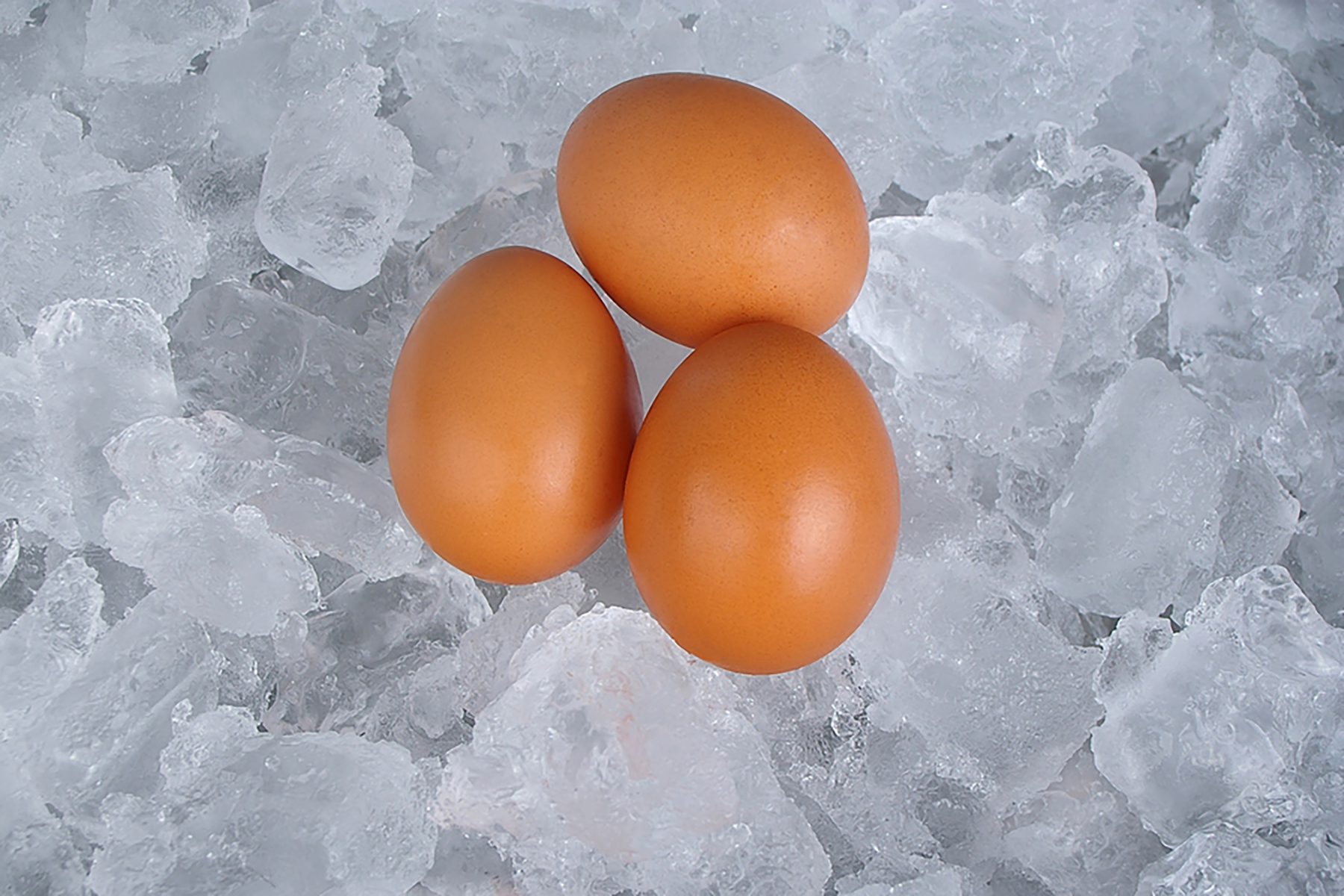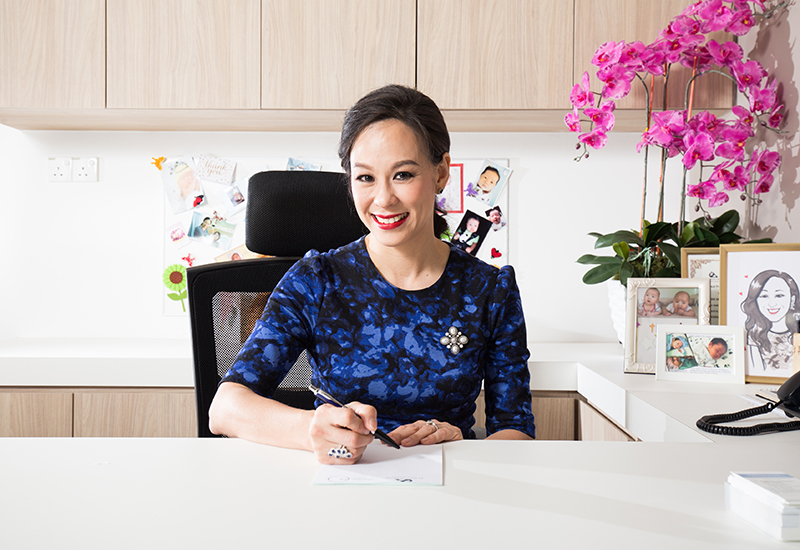If you think you can’t freeze time, think again.

Do a quick search on Google and you will see that there are more women than ever before who are holding top offices. They have broken barriers and have gone on to prove that nothing is impossible for women in this age and time. Nothing, except, to beat the biological clock.
With more women choosing to start a family later for a myriad of different reasons, it contributes to declining fertility rates. Many single women now are taking matters into their own hands, in a way, by pausing the biological clock by freezing their eggs, scientifically known as oocyte cryopreservation.
Egg freezing is a procedure where the unfertilised eggs are extracted from a woman’s ovaries and is frozen. The quality of eggs produced by a woman’s body declines with age, with chances of conception dropping when they hit their mid-30s to late-30s. This procedure allows them to stop time in a way, and resume when one is ready to welcome a bundle of joy.
There would be daily hormone injections for 10-12 days to stimulate the ovaries to produce more eggs. These eggs are then removed via a small surgical procedure that is done under light sedation.
The surgery would take approximately 30 minutes and the eggs would be frozen and stored at -196 to -198 degrees. There would be no cellular activity at this temperature leaving no damage to the eggs. The eggs are kept at the very age they are extracted until it is time for conception.
Preserving options
 Dr Helena Lim from the KL Fertility and Gynaecology Centre says that she gets single women from all walks of life who would like to freeze their eggs until they are ready to start a family. Many choose to do so because they want to preserve the future for themselves.
Dr Helena Lim from the KL Fertility and Gynaecology Centre says that she gets single women from all walks of life who would like to freeze their eggs until they are ready to start a family. Many choose to do so because they want to preserve the future for themselves.
“It is not just women who are focused on their career or studies. Some have not met Mr Right yet while some have other pressing issues like they may have been diagnosed with cancer and would need to undergo treatment,” she says.
She adds that some women who are battling the big C sometimes opt to freeze their eggs before they start their treatment so they will not lose out on their chances of becoming a mother. Think of it as a sort of safety blanket.
“We have to discuss with them and see where they are coming from and what is their expectation. Sometimes we have to be honest if the procedure would be suitable at that juncture. Usually, after treatments for cancer like chemotherapy and radiotherapy, they will be advised not to get pregnant for about five years at least.”
“If the individual is already in her late thirties before she undergoes the treatment, then we have to ask if she is sure of doing this. We have to consider the duration that will be taken for the treatment as well as the five-year gap. Is it realistic for her to get pregnant in her late forties?”
Apart from the time constraints, the economic cost has to also be factored in. While it is a relatively simple procedure, it is not a cheap one. Dr Helena says that it costs RM16,000 for the eggs extraction and the storing is approximately RM1,000 per year.
Conservative challenges
Some of the challenges are that Asians are still a little bit conservative; women who opt for this are usually above 30.
“It’s a scientific fact that after the mid-30s, the number of viable eggs that the body produces declines. Sometimes we just can’t get a good number of eggs to freeze. There are a lot of factors that contribute to fertility including genetics and lifestyle,” Dr Helena explains.
In the Western world, it is not entirely strange for 21-year-olds to waltz in and say that she has a cheque from her parents to get this done. They see it as insurance for the future.
“While I don’t expect that to happen here, it would be better if women are more open to doing this at a younger age. Ideally, women can opt for this at their early 30s. That gives us some realistic timeframe to work around things.”
Dr Helena also explains that various factors contribute to the fertility in women and interestingly dietary choices made by a mother during her pregnancy could play a part in the daughter’s ability to produce healthy viable eggs.
“It is interesting how we have found that women who had a history of mothers who had survived events like famine seem to have lower fertility. There are various other factors as well, like pollution, lifestyle choices like dietary preferences and even a clashing routine with the partner that is often in the picture,” she says.
Some of the factors can be negated, while some leave a lasting effect.
“The best is if you can afford the procedure and like the idea of having a child of your own in the future, consider getting it done as soon as you can. If anything, it is a good backup plan for the future.”
For even time needs time, especially with matters as delicate as the conception of life.









